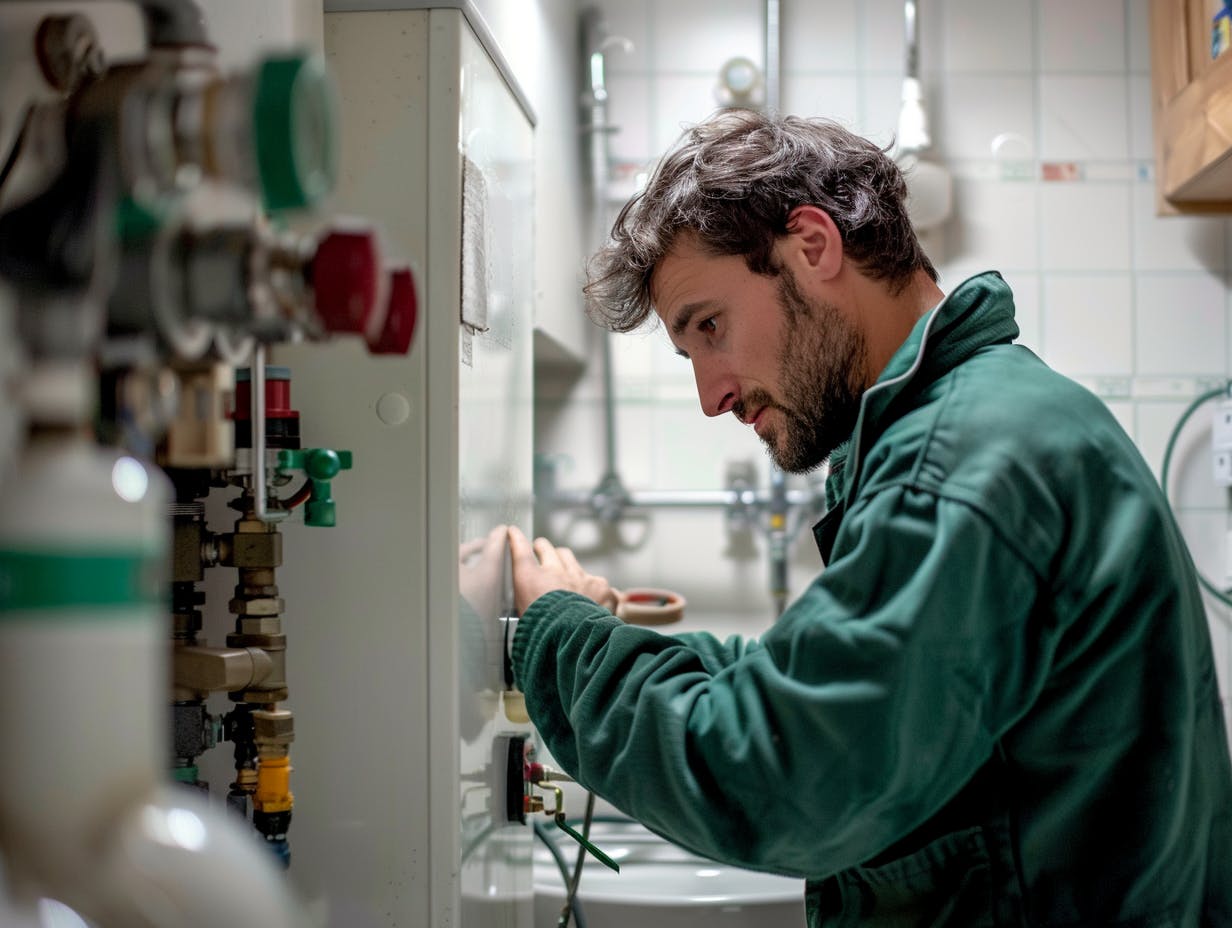Gas
July 1, 2024
Understanding Gas Safety: Best Practices for Homeowners
1. Install Carbon Monoxide Detectors2. Regular Maintenance and Inspections3. Know the Signs of a Gas Leak4. Ensure Proper Ventilation5. Use Appliances as Intended6. Educate Your Household7. Check Gas Lines and Connections8. Keep Flammable Materials Away
